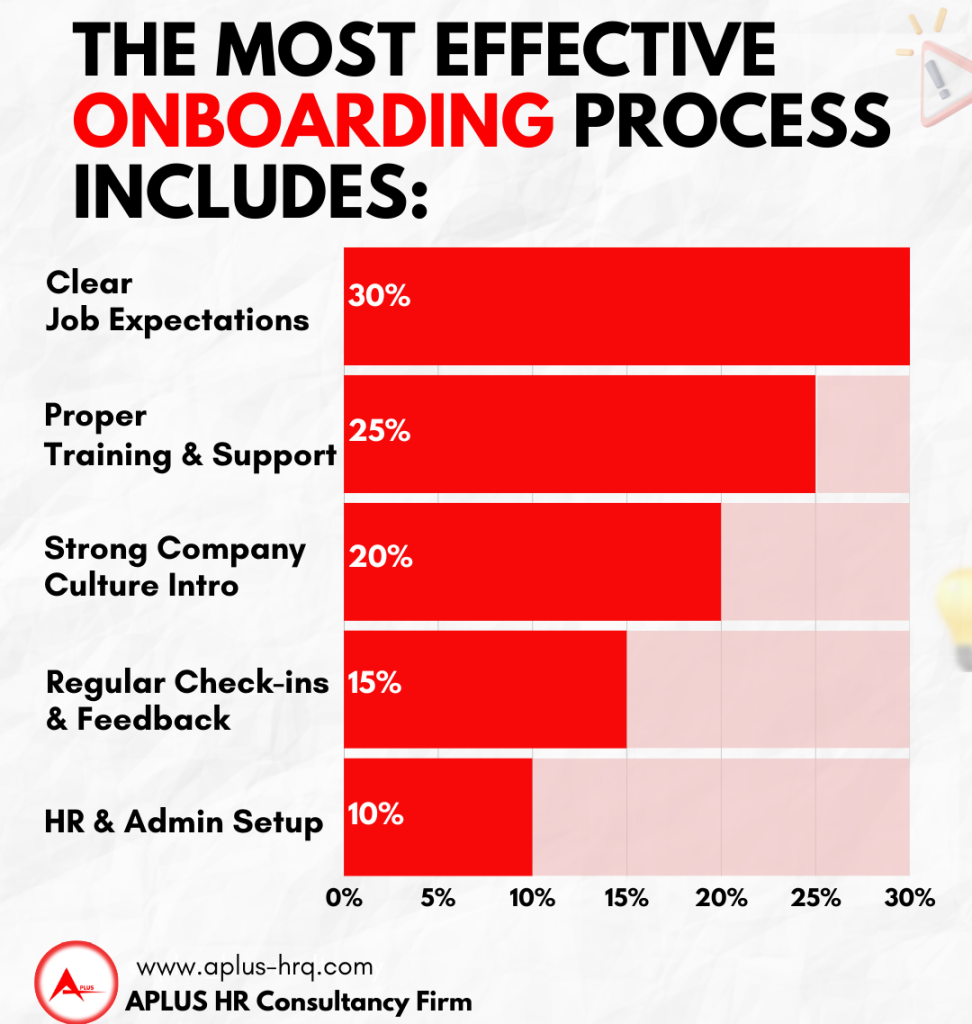
Human Resources (HR) is the backbone of any business. When managed well, it drives growth, employee satisfaction, and compliance. But when neglected, it leads to high turnover, low productivity, and costly legal issues. Many business owners unknowingly make HR mistakes that hurt their company. Are you one of them?
Here are seven common HR mistakes and how to fix them.
1. Ignoring Compliance Requirements
Employment laws are constantly changing. Failing to comply with labor regulations can result in lawsuits, fines, and reputational damage. Common compliance mistakes include misclassifying employees, not updating contracts, and missing payroll tax deadlines. Additionally, many businesses fail to keep proper employee records, which can lead to disputes and legal complications.
How to Fix It: Conduct regular HR audits, stay updated on labor laws, and use HR software to track compliance requirements. Partnering with an HR consultant can also help ensure your business remains compliant with evolving regulations.
2. Poor Onboarding Process
A weak onboarding process leaves new hires confused and disengaged. If employees don’t get proper training and support from day one, they are more likely to leave within the first few months. A poor onboarding experience results in lower productivity, increased turnover, and wasted hiring costs.
How to Fix It: Standardize onboarding, provide clear job expectations, and assign mentors to guide new hires. Create a structured onboarding program that includes orientation sessions, clear role definitions, and early performance check-ins to help new hires feel welcome and valued.
3. Weak Performance Management
Many companies conduct annual performance reviews but fail to provide ongoing feedback. Employees need clear goals and regular check-ins to stay engaged and productive. Without a structured performance management system, employees may feel undervalued and unmotivated, leading to decreased efficiency.
How to Fix It: Set measurable KPIs, schedule frequent performance discussions, and provide constructive feedback. Utilize performance management tools that allow real-time tracking of employee progress, enabling managers to provide timely support and recognition.
4. No Employee Development Programs
A lack of training and growth opportunities leads to disengaged employees and high turnover. Talented employees will leave if they don’t see career progression. When employees feel stagnant, they often seek opportunities elsewhere, causing businesses to lose top talent.
How to Fix It: Offer skills training, leadership development, and mentorship programs to help employees grow within your company. Encourage professional development by providing tuition reimbursement, workshops, and internal learning resources. Career progression plans should be discussed regularly with employees to align their aspirations with business needs.
5. Poor Workplace Culture
A toxic work environment results in unhappy employees and low morale. If your company tolerates bad behavior, lacks clear values, or has weak leadership, productivity will suffer. Employees who feel disconnected from the company culture are less likely to be engaged and loyal.
How to Fix It: Define your company’s core values, recognize employees’ contributions, and create an inclusive work culture. Promote open communication, establish employee feedback mechanisms, and celebrate team successes. A positive workplace culture attracts top talent and fosters long-term retention.
6. Not Using HR Technology
Relying on outdated manual processes slows down HR operations and increases errors. Payroll mistakes, unorganized recruitment, and poor data tracking cost businesses money and time. Many businesses still rely on spreadsheets and paper-based processes, which can lead to inefficiencies and compliance risks.
How to Fix It: Invest in HR software to automate payroll, recruitment, and performance tracking. It improves efficiency and accuracy. Cloud-based HR solutions allow businesses to manage employee records, payroll, and benefits seamlessly while ensuring data security and compliance.
7. Overworked HR Teams
Many HR teams are overwhelmed with admin work, leaving no time for strategic planning. This leads to burnout and critical HR gaps. When HR professionals are stretched too thin, they may struggle to focus on employee engagement, compliance, and talent management.
How to Fix It: Outsource HR tasks when needed and invest in HR support tools to ease the workload. Consider partnering with HR consultants or outsourcing services to handle repetitive administrative tasks like payroll processing, benefits administration, and compliance tracking. This allows your internal HR team to focus on more strategic initiatives.
The Cost of Ignoring HR Mistakes
Ignoring HR mistakes can have long-term consequences for your business. High employee turnover increases hiring and training costs, while low engagement affects productivity and innovation. Compliance issues can result in legal penalties, and a poor workplace culture can damage your employer brand.
Companies that invest in effective HR management see higher employee retention, improved job satisfaction, and overall business success. Taking proactive steps to fix HR issues today will save your company time, money, and reputation in the long run.
Final Thoughts
HR mistakes can cost your business in lost talent, compliance fines, and decreased productivity. The good news? These issues are fixable. By optimizing your HR processes, investing in the right tools, and focusing on employee growth, you can build a stronger, more successful business.
💡 Need expert HR guidance? Our HR consulting services help businesses streamline HR operations, improve compliance, and build high-performing teams.
Contact us today for a consultation!
 What Are Employee Engagement Metrics?
What Are Employee Engagement Metrics?
